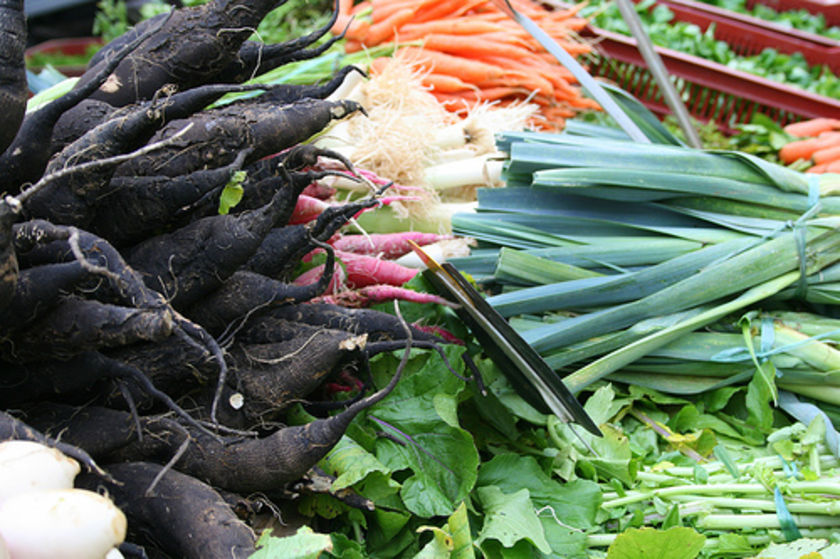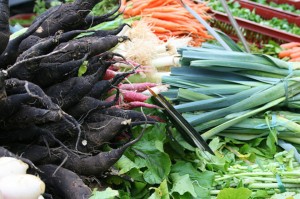
New law eases farm sales
The Cuban government is taking steps to simplify the distribution and sale of agricultural products in an effort to prevent delays and waste and encourage production.
A new law – Law-Decree No. 318 – seeks to “eliminate the mechanisms that currently hinder that process and […] make it more dynamic, efficient and flexible,” an article in the official daily Granma says.
To do that, the new law “establishes the organization and improvement of the commercial networks, both wholesale and retail, and simplifies the links between the producer and the final consumer.” The law will initially be applied on an experimental basis in the western provinces of Havana, Artemisa and Mayabeque.
The law provides that, once the farmers have delivered produce to the State, fulfilling their contractual commitments, they may sell their surplus not only to retailers but also “to anyone they wish, including state-run entities.” The idea is not to let excess produce rot outside the State warehouses but channel it at once to the consumer.
In addition, farm cooperatives will be allowed to sell produce to one another, presumably in an effort to broaden the variety of goods that will be offered to the customer. The cooperatives get their goods from small farmers and “usufructuarios,” entrepreneurs who lease farm land from the State.
“To the degree that more products reach the markets, that the [distribution] network is better organized, that the wholesale supply market functions well, and that the prices of farm goods are more affordable, we shall know if this is working,” Barbara Acosta Machin, Deputy Minister of Domestic Trade, told Granma.
But, in order for the prices to remain affordable or even drop, “production must increase,” she added.
As part of the experiment, a large market will open next month in Boyeros, Havana province, “where natural and legal persons may buy farm products at wholesale prices.” Natural persons are individuals; legal persons are businesses.

Small farmers who prefer to sell their products in outdoor markets (known as supply-and-demand markets) will have to register with the State as self-employed workers.
As an additional incentive to produce more, “self-employed workers – whether wholesalers or retailers – and the 77 cooperatives that deal with the State markets will be exempt from paying sales tax,” said Vladimir Regueiro Ale, director of revenue for the Ministry of Finance and Prices.
The experiment could last throughout 2014, “because it will take at least one year to validate a proposal that we can extend to the whole country,” said Roberto Perez Perez, a member of the Permanent Commission for the Implementation of the Economic Guidelines.

